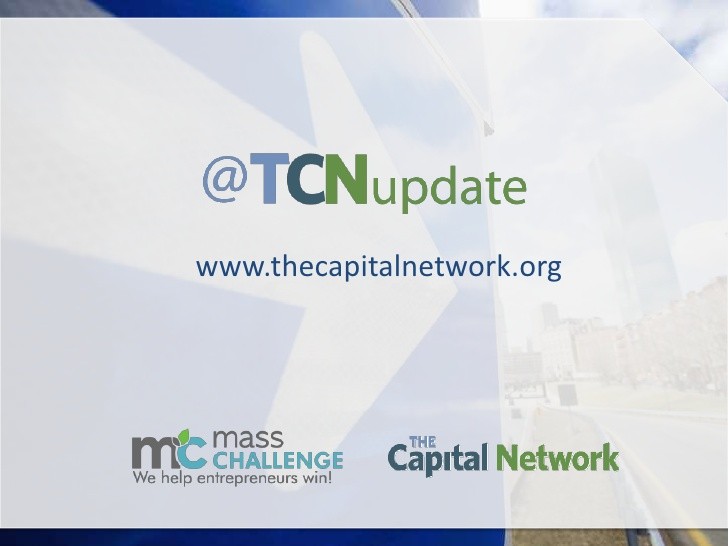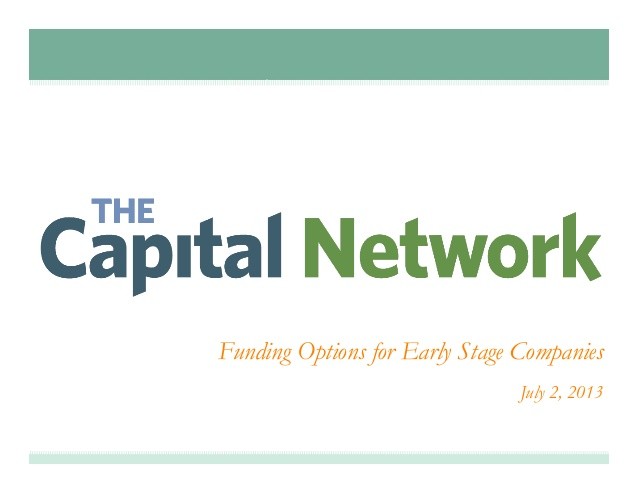Options on early stage companies
Post on: 1 Июнь, 2015 No Comment

I believe that what Im about to say is accepted by venture capitalists as fact, even trivially obvious fact, yet very few entrepreneurs I meet seem to understand it.
An option on a share of stock of an early stage company is (for all practical purposes) equal in value to a share in that early stage company. Not less, as most entrepreneurs seem to believe (and god forbid you think the VCs have the option to put in more money is economically advantageous to you).
Heres why. Black and Scholes (and Merton) won a Nobel prize for inventing the Black-Scholes model, which was the first model that somewhat accurately modeled options pricing. Using this model, and making a few reasonable assumptions (the option is near the money, the maturity is sufficiently far away), the key driver of an options value is volatility (in fact, if you listen to option traders talk, they actually talk about prices in vols). In public markets, options are usually priced at some fraction of the share price. This is because public stocks under normal circumstances have volatilities around, say, 20% (at least they used to 10 years ago when I was programming options pricing algorithms).
The volatility of the value of a seed stage startup is incredibly high. I dont know if any data exists for what volatility estimate would be good to use, but for an informal analysis suppose the average volatility of a seed stage startup is 300%. Then try putting 300% into the volatility field of a Black-Scholes calculator :
So if your share price is $1, an option (European Call is a fancy word for options similar to what are given out in startups) is worth $0.9993 dollars.
This is good news for start up employees, directors, and advisors who are awarded stock options. Their options are economically as valuable as stock but have better tax treatment.
Heres the bad news. At least since Ive been observing early stage deals (since 2003), so-called financial innovation in venture capital has been all about creating new kinds of options for investors, each one more obfuscatory than the last.
- The first way they create options is by simply doing nothing telling the entrepreneur great idea, come back in a few months when youve made more progress. The logic is: why would you invest now when you could invest in, say, 3 months with more information? (as VCs say, why not flip another card over). This is obviously perfectly within their rights and logical, but ultimately, in my opinion, penny wise and pound foolish. While the VCs might be successful with this strategy on a specific deal, in the long run they are hurting themselves reputationally and also probably by letting some good deals slip away.
- Next there is tranching this is pretty literally an option. Even if the pre-negotiated future valuations are higher, the option has basically the same value as a share at the current price. Try the Black-Scholes calculator but changing the strike price to 10 (simulating the idea that the seed round is $1M pre and future valuation is $10m pre):

The point is with the super high volatility of startups, you can structure the option in almost any way and its still like giving someone shares. (I discuss the problems with tranching in more detail here .)
- Next there was warrant coverage. This is perfectly legitimate in many cases (e.g. as a kicker in a venture debt round, as part of an important strategic partnership), as long as the entrepreneur understands 1 warrant basically equals 1 share. One mistake entrepreneurs often make is to focus so intently on nominal valuation that they dont realize their effective valuation with warrants is much lower. For example, if the valuation is $10M pre and you give 100% warrant coverage, the valuation is really $5M pre.
- Over the past few years with big VCs starting seed programs weve seen the emergence of situations where there is no contractual option but the signaling value of the VCs potential non-participation gives them option-like value. I discuss why I dislike these deals here. (This might be one point on which Fred and I disagree?).
- Super pro rata rights. This is a new term thats popped up lately. Pro-rata rights are options, but seem like reasonable ones. If as an investor I bought 5% of your company, pro rata rights give me the right to invest 5% in the next round. They are arguably a reasonable reward for taking a risk early on. Super pro rata rights mean if I buy 5% of your company now I have the right to invest, say, 50% of the next round. This is a really expensive deal for the entrepreneur. If an investors puts in $250K for 5% of your company now with super pro rata rights on 50% of the next round, Id just for simplicity assume you sold
20% (assuming the next round sells 30% and the VC does half of that) of your company for $250K. (The actual analysis of the value of super rata rights seems tricky maybe some finance PhD will figure out how to price them at some point).
Good VCs dont mess around with this stuff. They realize that real value is created when you invest in great people and innovate around technology, not finance.














